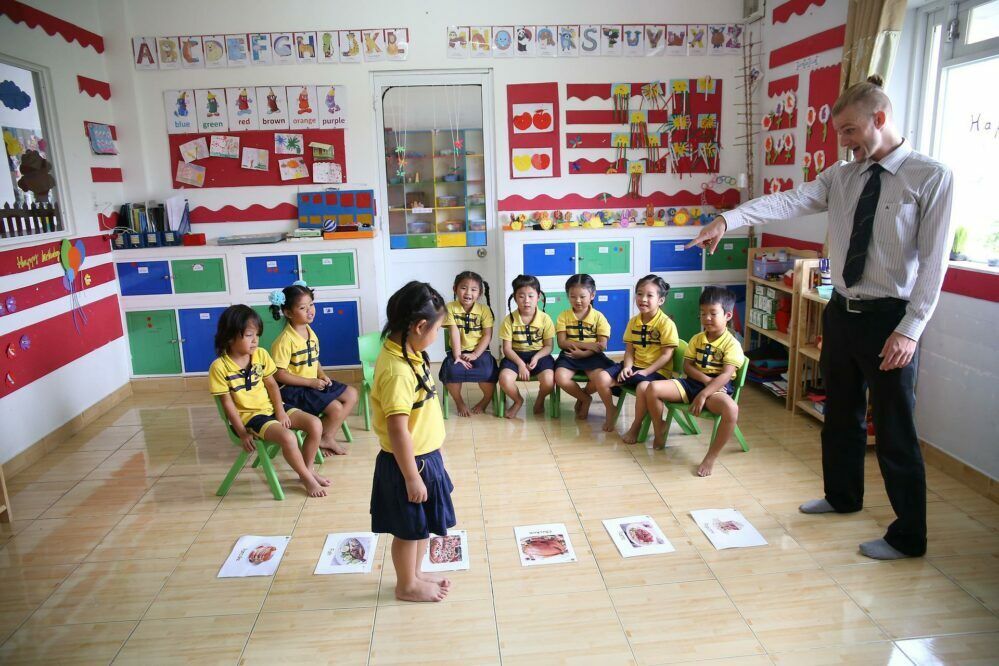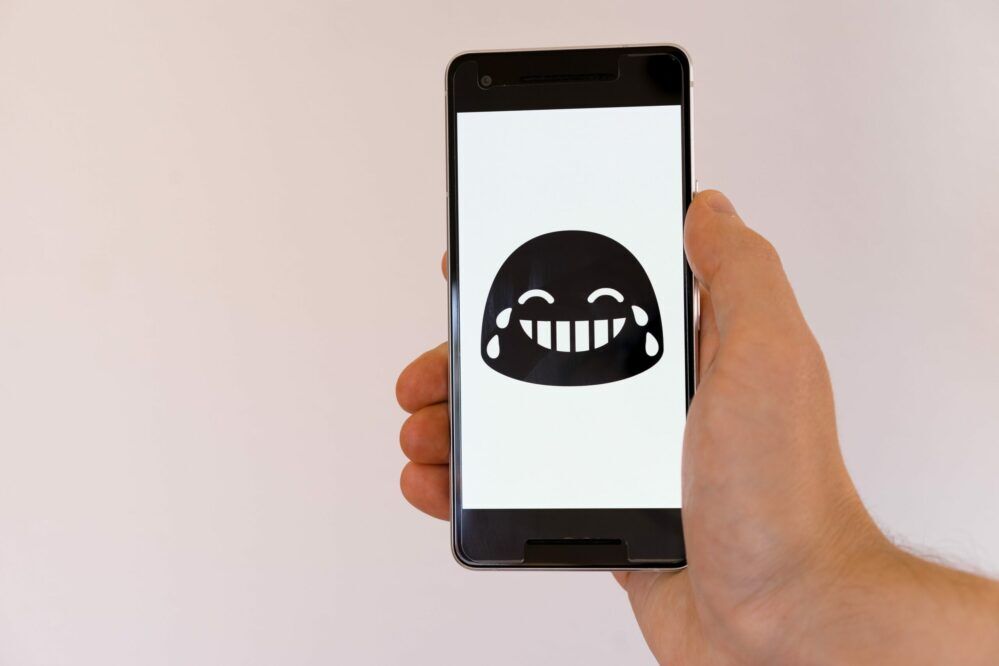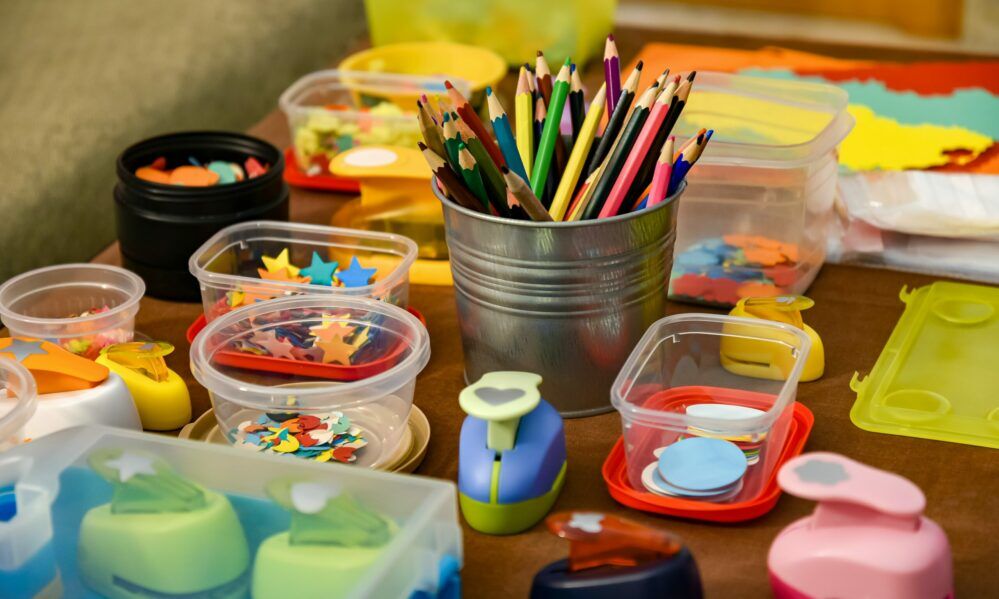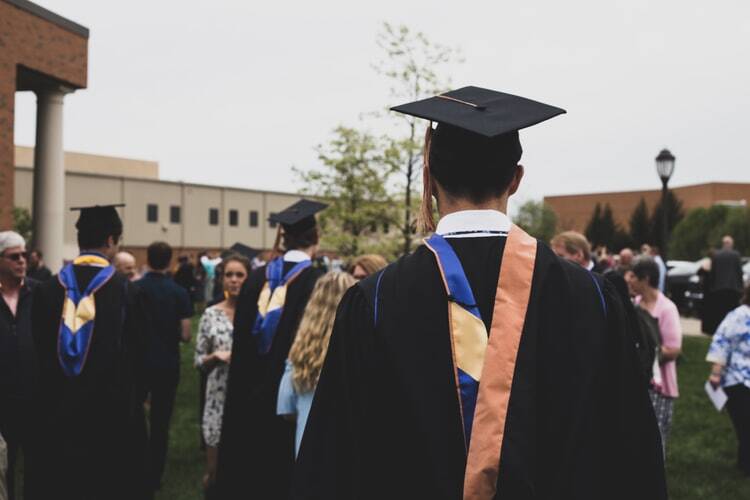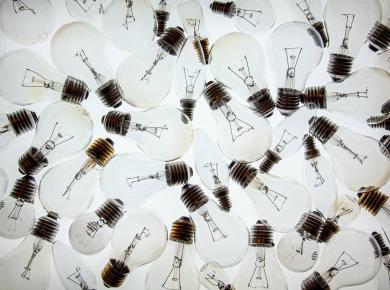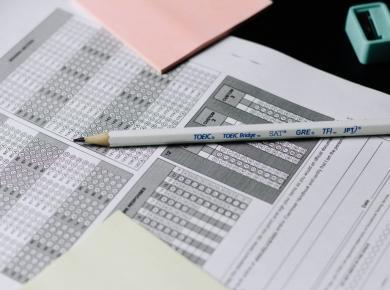When asked about the most influential people in your life, the chances are that among parents, friends, and spouses, for better or worse, you will find a teacher or two. If your teacher had a positive impact on your life, it is because you felt you had a special bond with them at the time. Every teacher strives to be “the teacher” their students remember fondly as someone who inspired them to be their best selves. While it is strenuous work and requires maximum effort, you can build trusting and long-lasting relationships with your students.
The Importance of Teacher-Students Relationship
Think of the best teacher you currently have or had when you were in school and what made them so great? When we think about great teachers, it is rarely their multiple degrees we dote on. It is rather something along the lines of “She would always listen to what I had to say” or “He always knew how to make lessons fun.” If we had to compress the answer to the question “What makes a good teacher?” down to a simple definition, it would be this:
It has long been established that a bond between teachers and their students is principal to high academic performance.
All great teachers have at least one thing in common—they do everything they can to get the best out of every student by creating a relationship that enhances their learning potential. And while doing this may come naturally to some people, there are always tricks to build excellent relationships with your students.
8 Easy Ways to Build Relationships with Your Students
Whether you are a new teacher and need all the pointers you can get, or have been a teacher for a while, there are always ways to improve, primarily since you work with students. The tips we have included in this article are easy to follow and will help you on your quest to build great relationships with your students and help them achieve their true potential. Let’s begin, shall we?
Get to know your students and their background
Remember when you were a kid, and it surprised you so much when you saw your teacher outside of school? Now that you are a teacher, you should try to remember that students have lives outside the four walls of a classroom.
This means that as much as you think you know your students, you only know about a portion of their lives: the one at school. Students are human beings and, although we often forget, whatever is going on in their life outside of school will impact their studies.
Try to show interest in their backgrounds and hobbies to show them you genuinely care about them. Often, just acknowledging that a teacher knows them as a person and not as one more student in their class does wonders for their motivation.
Practice discipline
School principals are not the only ones that should implement discipline. This might sound counterintuitive as many people believe that students only love the “cool” teachers who don’t practice discipline. In reality, it is quite the opposite. When done right, practicing discipline can be your most valuable asset in keeping the classroom in order and cementing the relationship between you and your students.
One scenario when disciplining your students might negatively affect your students is when you accompany the punishment with visible anger, sarcastic comments, and the like. Furthermore, practicing discipline is an area where a teacher might be unfair if one isn’t careful. Other students need to see that everyone gets treated the same way, even receiving punishment.
Last but not least, students need to know that their teacher won’t hold a grudge because they overstepped boundaries and that everything will be good if they improve their behavior. Simply communicate to the students the consequences of their actions and move on with the class.
Keep your students accountable
Teaching your students by explaining a lesson and answering their questions is just one facet of teaching. One paramount teaching practice to achieve academic success is keeping your students accountable. After you have done your part, students should know they need to do theirs. You keep your students accountable by:
- Telling them your expectations of them
- Using a formative assessment as a way to help your students find their weaker points
- Giving them constructive feedback
All of these will help your students take their learning seriously as they are constantly receiving updates and feedback on their work. Students should know where they are lacking so they can focus on that. A teacher who goes above and beyond to get the best out of their students will always have great relationships with them.
Use words of encouragement
One common mistake many teachers make is practicing too much discipline and not using enough words of encouragement. Positive reinforcement has been proven to be a great motivational tool when it comes to your students and building relationships with them.
Encouraging your students in their work is just one of the ways to show them you care about them and their success. A teacher should always clarify to his/her students that failing is just a part of learning and encourage them to keep trying until they are happy with the results.
Teach with enthusiasm
Another thing worth remembering is that students pick up or feed off your energy and enthusiasm. One way to get your students excited about a lesson is to simply be excited yourself. If they see you are not very enthusiastic about a particular subject you are discussing, they will never even give it a chance.
This tip can sometimes be challenging to apply as things outside the classroom can affect your work, but teachers should always strive to get their students enthused about learning. Consequently, student enthusiasm will result in better information retention.
Make learning fun: introduce games and activities
Yes, students learn by listening to what their teacher has to say, but there are many ways to get them interested and attentive. If you set out to find a person willing to listen to you talk for hours on end, you would fail.
This is where a teacher incorporates games and fun activities that make learning fun, and students forget they are learning. But games and activities don’t always have to be closely related to the lesson, as a simple game that students enjoy will release dopamine, which strongly affects memory and motivation.
Incorporate some humor
✅ Request information on BAU's programs TODAY!
When most of us try to remember, the worst thing about school is that sometimes it is awfully boring. Bored students won’t be able to achieve their true potential. This is why a teacher should incorporate humor into the lesson.
Making students laugh with a simple joke will sometimes be all you need to get back their attention. By laughing with them, you show them you are not some stern figure there with the only aim to impart knowledge and be done with it.
By laughing at yourself and your errors, you show them that even experts make mistakes, and they are just another way to learn. Try to incorporate humor every once in a while in order to keep your students’ minds awake and interested.
Treat your students with respect
Last but not least, teachers need to remember that they are in a position of power in the classroom. This means that they need to be composed at all times. Furthermore, students are human beings who deserve the same respect as adults.
Seeing you respect them, their wishes, and boundaries, will show students you care about them. Ultimately, they will return the respect they receive, thus resulting in a sturdy relationship between you and your students.
Respecting students also means that everyone gets treated equally when praised or presented with consequences for their actions.
How Teachers Can Help Students Succeed
After you have built a steady and trusting relationship with your students, it will be easier for you to help them succeed as they willingly accept your advice. Here are some tips to achieve this:
Be creative
Incorporating different learning activities into the classroom will keep your students engaged and excited about learning. Activities that stimulate other senses will help your students retain more information and thus be more successful.
Keep a positive attitude all the time
As we mentioned earlier, students will pick on your energy all the time. If they see you have a positive attitude towards a lesson, they will be more curious about learning. A cheerful teacher will make the classroom a pleasant place to be and learn. Students will feel freer to express themselves if they are met by an accepting and understanding teacher.
Provide your students with study materials
This goes without saying, but a good teacher keeps track of their students’ study records. Based on the students’ needs, the teacher should prepare additional materials that will help the students overcome any difficulties in learning.
Stay up-to-date with the latest developments
Like any other profession, a teacher should always be up to date with the latest developments. This includes different studies on teaching methods, student relationships, etc. However, it also means you stay up to date with the latest in pop culture as a way to connect with your students when you are taking a break from teaching and learning.
Be realistic: set achievable goals
Every teacher wants their students to be successful in everything. Unfortunately, that is not possible. Setting achievable goals and realistic expectations for your students will help them with their studying as they won’t see it as something that cannot be achieved.
Another way to apply this is to set up a challenge you know students will be able to overcome or solve quickly to boost their confidence. This is especially important with students who are struggling in a subject. Be careful not to patronize them by letting them know you purposely assigned an easy task!
Final Thoughts
Excellent relationships between teachers and students have a significant influence on both parties. That’s why they are not easy to establish. Building steady relationships with your students requires hard work and effort, as every student is a person you need to get to know. But once established, a good teacher-student relationship will have a tremendous impact on how a teacher does his/her job and the students’ academic success.



